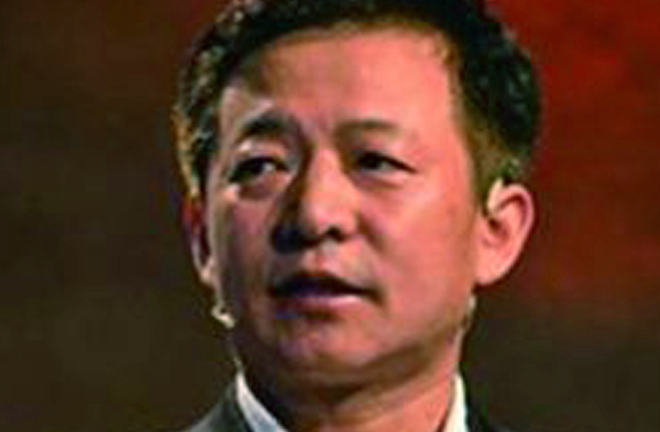PANG ZHONGYING: UN crucial to global governance
 There are at least three forms of global governance. The first deals with the formulation of international regulations on different issues. The second comprises various governance networks and the complexity of related regulations. The third, “experimentalist governance” is the step-by-step institutionalization of governance practices at home and abroad.
There are at least three forms of global governance. The first deals with the formulation of international regulations on different issues. The second comprises various governance networks and the complexity of related regulations. The third, “experimentalist governance” is the step-by-step institutionalization of governance practices at home and abroad.
In the wake of the Cold War, non-state actors began to play an increasingly important role in global governance. The advent of the Internet brought diversity to governance—at least in form. This is a result of the diffusion of power from state actors to non-state actors.
No doubt the United Nations and its subsidiary institutions are also part of and a driving force for diversified global governance. The affiliated international organizations of the UN differ in governance theory and practice. For instance, the UN Development Programme emphasizes human development, which is not the focus of the World Bank. Moreover, interaction between the UN system and other international systems has complicated and will continue to complicate global governance.
It is a great challenge to achieve coordination and integration among various forms of global governance. And the UN can play a central role in this aspect.
Since the end of the Cold War, the UN has undergone various reforms while expanding its membership. It is more inclusive and has a higher degree of international legitimacy, laying the foundation for its status at the core of global governance. In fact, however, the key role of the UN has not yet been fully realized.
It is well known that the UN, the Security Council in particular, was not designed to govern the world economy from the beginning. Instead, international financial institutions and the World Trade Organization are responsible for global economic governance. This is a flaw inherent in the design of the UN.
As reform stalls, such a design flaw will turn into an institutional defect, which is why the UN has failed to play the key role in global economic governance. Outside the UN, however, the G7, which was founded in the 1970s, is poised to serve as a multilateral forum for global economic governance, and the G20 has played a prominent role in this area since 2008.
After the Cold War, the UN awakened to the challenges of global governance, and the expression “global governance” became widely used in the UN system. This, nonetheless, changed the role of the UN by helping it break international constraints and become more involved in “state governance.”
However, the UN has not yet adequately adjusted and reformed in response to new challenges. In addition to its failure to truly get involved in global economic governance, it tends to be marginalized as a guardian of world peace. Instead, it plays a central role only in areas where it is easier to make progress, such as climate change and sustainable development.
Pang Zhongying is dean of the School of International Studies at Sun Yat-sen University.
